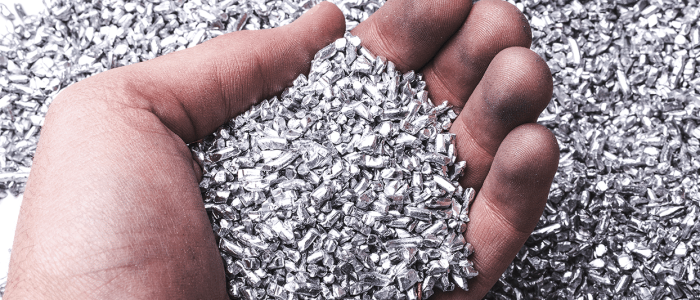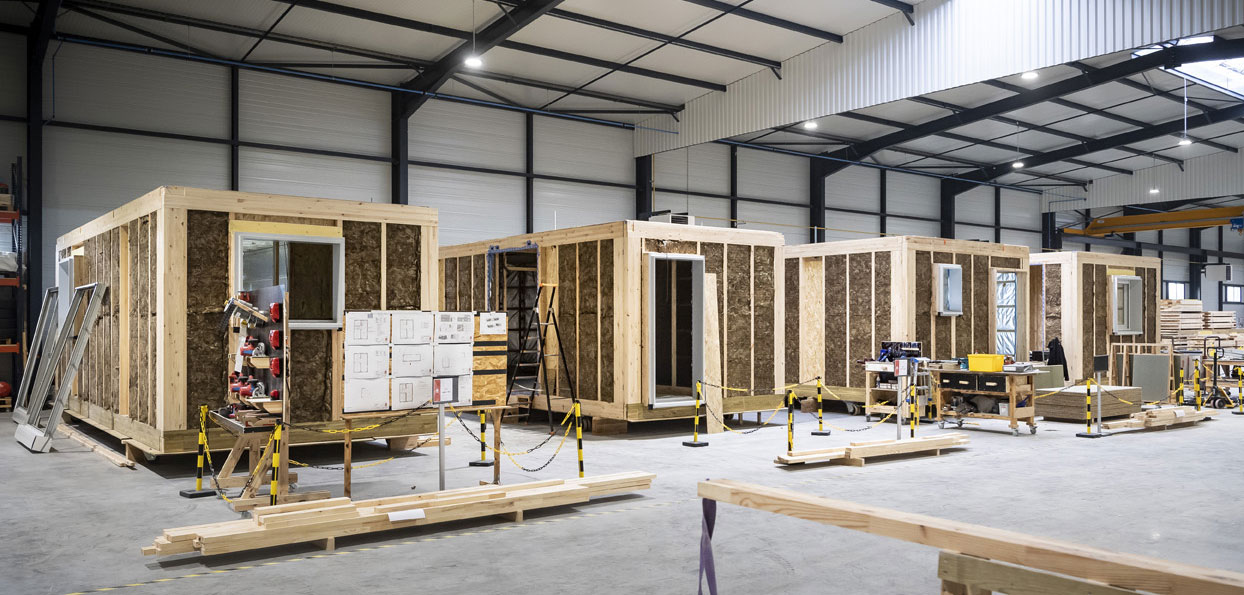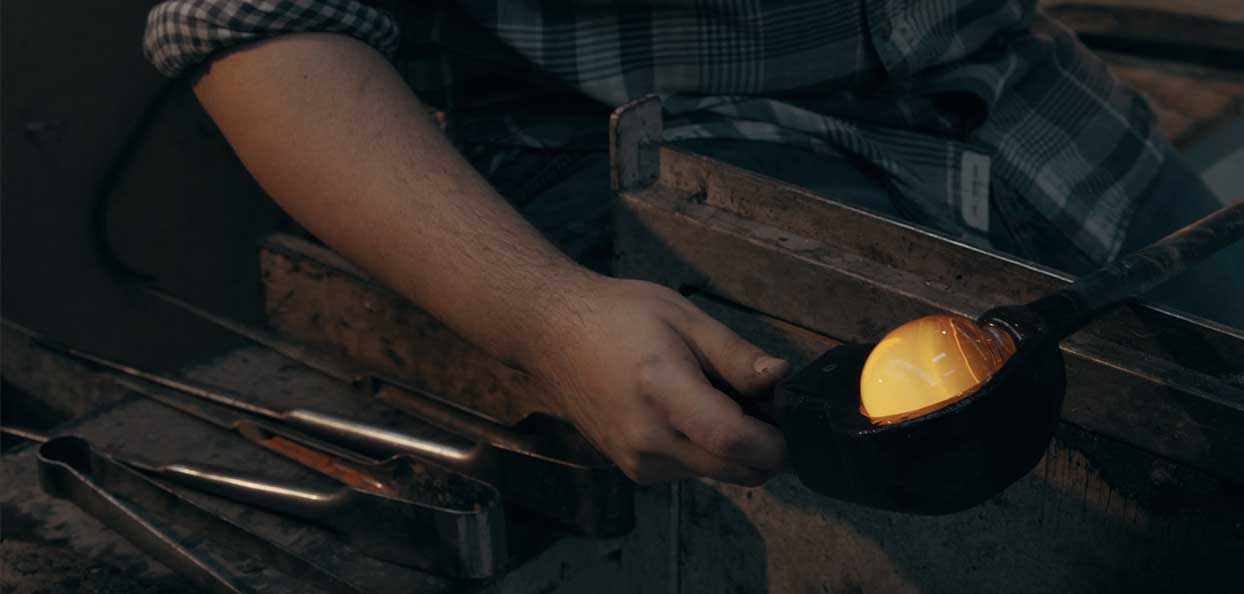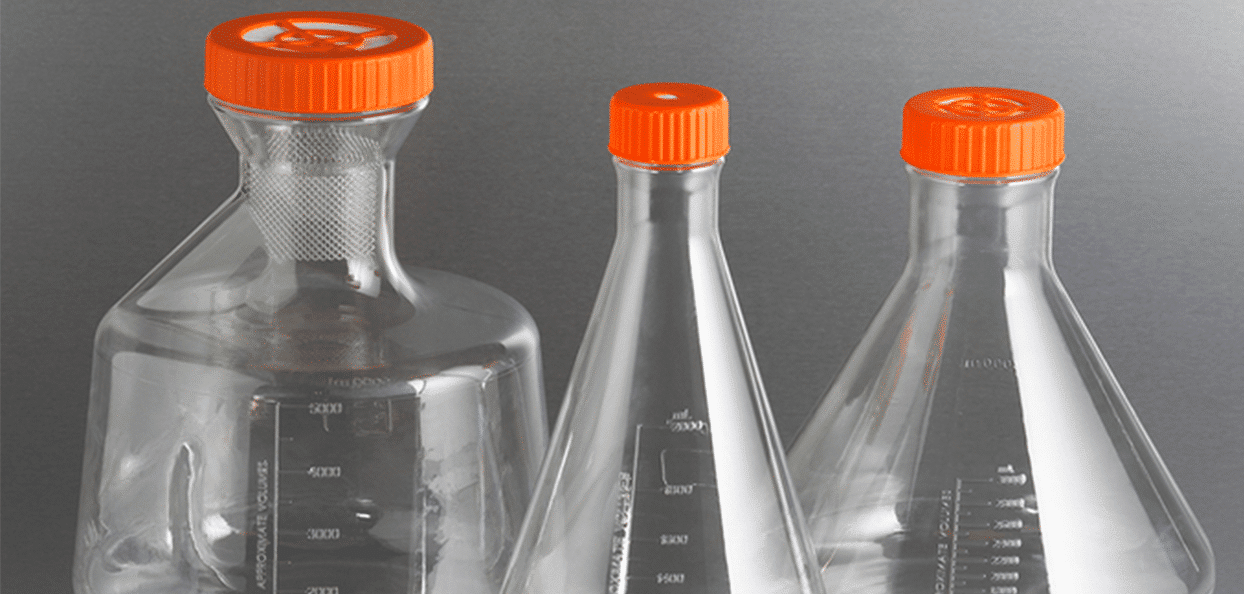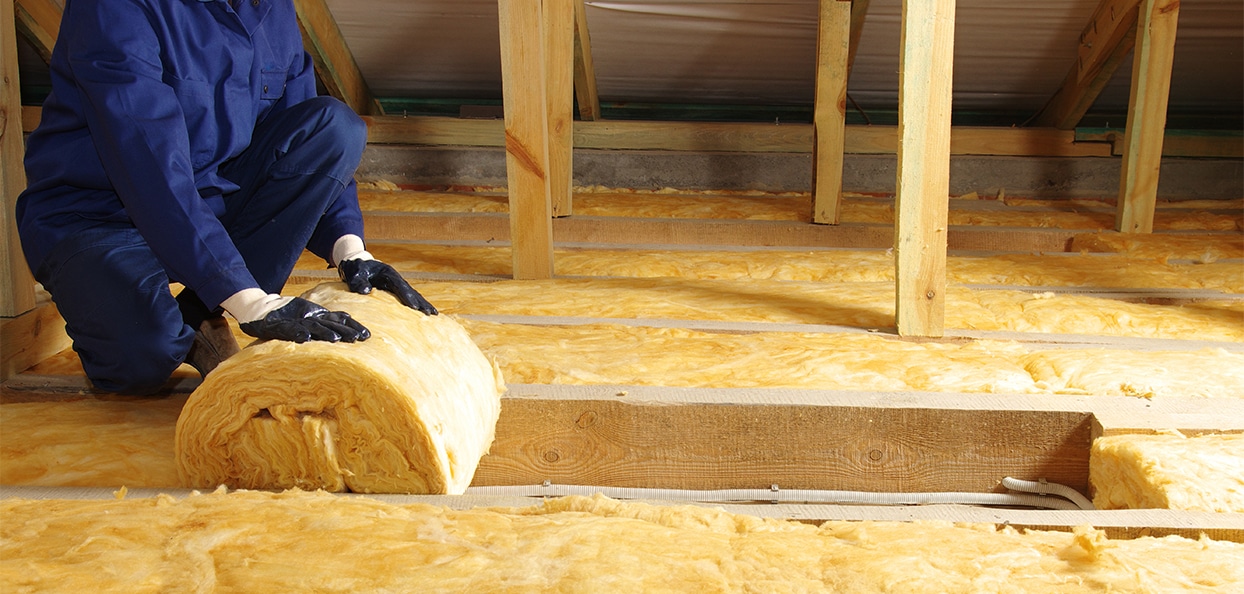What is the EPMA?
EPMA stands for the European Powder Metallurgy Association. But before we go any further, let’s define powder metallurgy. Powder metallurgy is a technique for creating parts by aggregating metal powders, unlike conventional processes that require melting the metal. It can be used to produce parts ranging from pen balls (just a few millimeters) to valve bodies weighing several tons. While it is used in applications ranging from medical devices to nuclear and aerospace technology, most of the parts produced (80% of total tonnage) are destined for the automotive industry. The EPMA, which turns 30 this year, describes its aims as:
- Promoting and developing powder metallurgy technology in Europe through its communications strategy and by organizing events (exhibitions, conferences, etc.) that bring together all the players in the sector
- Representing European industry within Europe and internationally
- Developing the future of the sector, particularly by offering training focused on current topics such as 3D printing.
The EPMA currently has 250 member companies drawn from the entire metallurgy value chain, from powder producers to downstream users to the manufacturers that produce the furnaces and presses needed to produce parts. This diverse membership makes the EPMA a unique organization.
Why Hauts-de-France?
EPMA Executive Director Lionel Aboussouan says: “Our head office is in Belgium and we have an office in the UK. The announcement of Brexit raised a number of fears and concerns about the future, such as the European contracts that some of our subsidies depend on, taxes, organizing travel, and the entire logistics and administrative side of our events … So we looked into the possibility of opening an office in Europe while keeping one open in the UK, with three potential options: Brussels, Barcelona and areas close to Paris.” The Board ultimately chose the City of Chantilly (Oise) in the Hauts-de-France Region, citing its technical and human resources and assets, including:
- Competitive costs, “After a quick analysis of the costs (wages, rents) it turned out that the Hauts-de-France Region was a great option from a financial standpoint.”
- Easy accessibility “With our office in the UK, we need to make travel easy, whether by train, plane or car. And of course we’re close to Amiens, Compiègne and Paris. Chantilly is just 25 minutes by taxi from Charles de Gaulle airport and 25 minutes by train from Gare du Nord in Paris.”
- A high-quality labor pool and excellent schools “We were thinking of recruiting young people straight out of school, but we realized that we should actually target older, more experienced applicants. We didn’t encounter any problems with that change in strategy and quickly found qualified employees for our open positions.”
- The region’s quality of life and many community groups make it a good fit for expatriates and their families. “Chantilly offers excellent quality of life and has an English-speaking community. In addition, the presence of a bilingual Montessori school and a middle school and high school with a bilingual English option ensures that we can recruit people from across Europe.”
- Regional entities working together “Our move has been facilitated with help from the Chantilly Mayor’s Office, Nord France Invest, the Fidal firm and the companies AdivisRH and Abscisse.”
What are the EPMA’s growth prospects following its move to Hauts-de-France?
“Since arriving in France we have already hired four people to fill new jobs: two technical managers and two assistants. Our next goal is to expand our French network. At this point, a quarter of our member companies are German. That means we need to show French companies and institutions the advantages of joining the EPMA. For example, as EPMA members they could expand their portfolio of European contacts (both customers and suppliers) and access a full array of resources and research centers. We have a great deal of education and awareness raising to do with:
- Small companies that don’t understand the value of this kind of collaboration
- OEMs (automotive, aerospace, etc.) who sometimes use parts made using powder metallurgy without even knowing it! Joining the EPMA would help them optimize their resources, increase the quality and decrease the weight of their products, reduce their costs, and more.”
